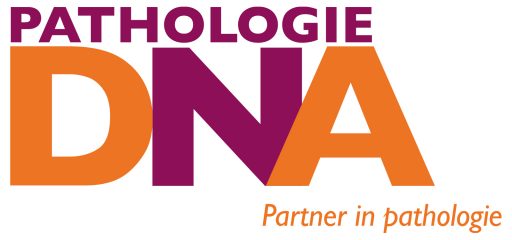Cytologie
Pathologie-DNA voert vele cytologische onderzoeken uit voor specialisten en huisartsen uit de regio’s van de drie locaties. Het gaat hierbij om gynaecologische onderzoeken zoals baarmoederhalsuitstrijken en niet-gynaecologische onderzoeken, zoals urine, sereuze vochten, longmateriaal en punctaten uit diverse organen. Pathologie-DNA is één van de drie screeningslaboratoria van het Bevolkingsonderzoek Baarmoederhalskanker van Nederland.
Na ontvangst en bewerking van het materiaal worden de cellen uitgestreken of middels dunne laag methode op een objectglaasje gebracht. Na drogen aan de lucht of fixeren in fixatievloeistof kunnen de cellen worden gekleurd voor microscopische beoordeling. Een cytologisch analist beoordeelt de preparaten. Om tot de diagnose te komen wordt o.a. gekeken of de cellen afwijkingen vertonen (in vorm of grootte van de kern en/of het cytoplasma) en hoe de onderliggende rangschikking is van de cellen (in groepen of niet).
De cytologisch analist maakt een rapport van de bevindingen en doet een voorsteldiagnose aan de patholoog. De afwijkende en deels de niet-afwijkende preparaten worden medebeoordeeld door de patholoog.
Cytologisch onderzoek geeft vaak een antwoord op de diagnostische vraag. Indien bijdragend kan immuuncytochemisch of moleculair onderzoek verricht worden. Soms is cytologisch onderzoek niet afdoende en is histologisch onderzoek nodig om een (gedetailleerder) antwoord op onderzoeksvragen te geven.
Het voordeel van cytologisch onderzoek boven histologisch onderzoek is dat de afname van het materiaal voor de patiënt minder belastend is en dat, door de kortere bewerking, de uitslag eerder bekend is.
